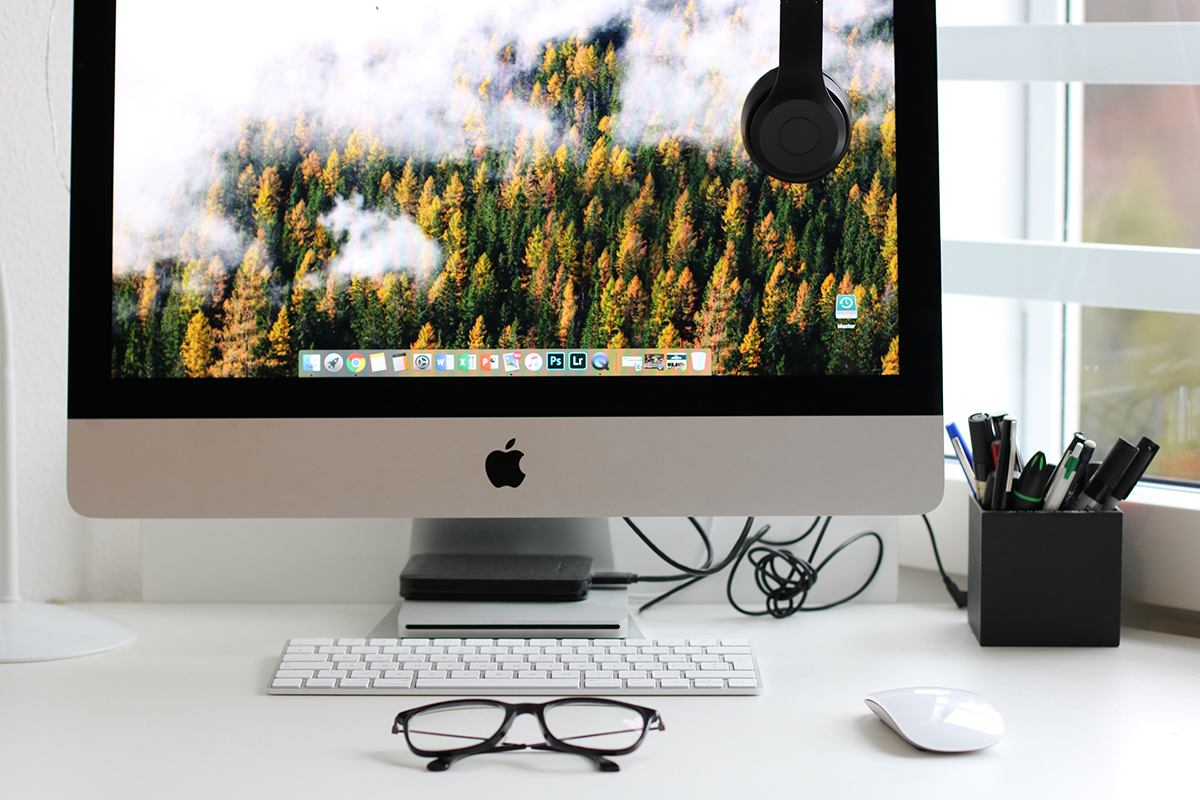- Empty cart.
- Continue Shopping
Creating a Healthy Work-from-Home Environment

The shift to remote work has become increasingly prevalent, with many individuals now working from the comfort of their homes. While this arrangement offers flexibility and convenience, it also presents unique challenges to maintaining a healthy work environment.
The Importance of a Healthy Work Environment
Productivity and Focus
A well-organized and comfortable workspace can enhance productivity and concentration. It helps create a clear boundary between work and personal life, minimizing distractions.
Physical and Mental Well-Being
A healthy work environment supports your physical health, reducing the risk of musculoskeletal problems and promoting overall well-being. It also contributes to mental health by reducing stress and enhancing work satisfaction.
Designing Your Workspace
Choose the Right Location
Select a quiet and dedicated space for work, ideally separate from your living areas. This helps create a mental separation between work and leisure.
Ergonomic Setup
Invest in ergonomic furniture and accessories, such as an adjustable chair and a properly positioned monitor. This minimizes the risk of discomfort and repetitive strain injuries.
Adequate Lighting
Ensure your workspace is well-lit to reduce eye strain and create a more pleasant atmosphere. Natural light is ideal, but if that’s not possible, consider task lighting.
Organization and Efficiency
Declutter Regularly
A clutter-free workspace fosters focus and reduces stress. Declutter your desk and surrounding areas regularly to maintain an organized environment.
Prioritize Ergonomics
Arrange your desk, chair, and computer equipment to promote good posture and reduce the risk of physical discomfort.
Use Technology Wisely
Leverage technology tools and software to enhance efficiency and organization. Task management apps and calendar tools can help you stay on top of your workload.
Healthy Habits
Regular Breaks
Take short breaks throughout the day to stretch, move around, and refresh your mind. This can prevent burnout and boost productivity.
Stay Hydrated and Nourished
Keep water and healthy snacks readily available. Proper hydration and nutrition are essential for sustained energy and focus.
Set Boundaries
Establish clear boundaries for your work hours to prevent overworking. Communicate these boundaries with family members or housemates.
Mental Health Support
Manage Stress
Incorporate stress management techniques like deep breathing exercises, meditation, or mindfulness into your daily routine to combat work-related stress.
Seek Social Interaction
Isolation can be a challenge in remote work. Make an effort to maintain social connections through virtual meetings or occasional in-person interactions when possible.
Professional Support
Consider seeking professional help if you experience mental health challenges related to remote work. Therapists or counselors can provide valuable guidance and support.
Maintaining Work-Life Balance
Define Work Hours
Set specific work hours and stick to them. This helps you maintain a clear separation between work and personal time.
Create a Shutdown Ritual
Develop a routine to signal the end of the workday. This might involve shutting down your computer, organizing your workspace, or going for a short walk.
In conclusion, a healthy work-from-home environment is essential for your physical and mental well-being and overall productivity. By designing an ergonomic workspace, staying organized, practicing healthy habits, and seeking mental health support when needed, you can create a thriving work environment within the comfort of your home. Remember that achieving a healthy balance between work and personal life is key to long-term success in remote work.








